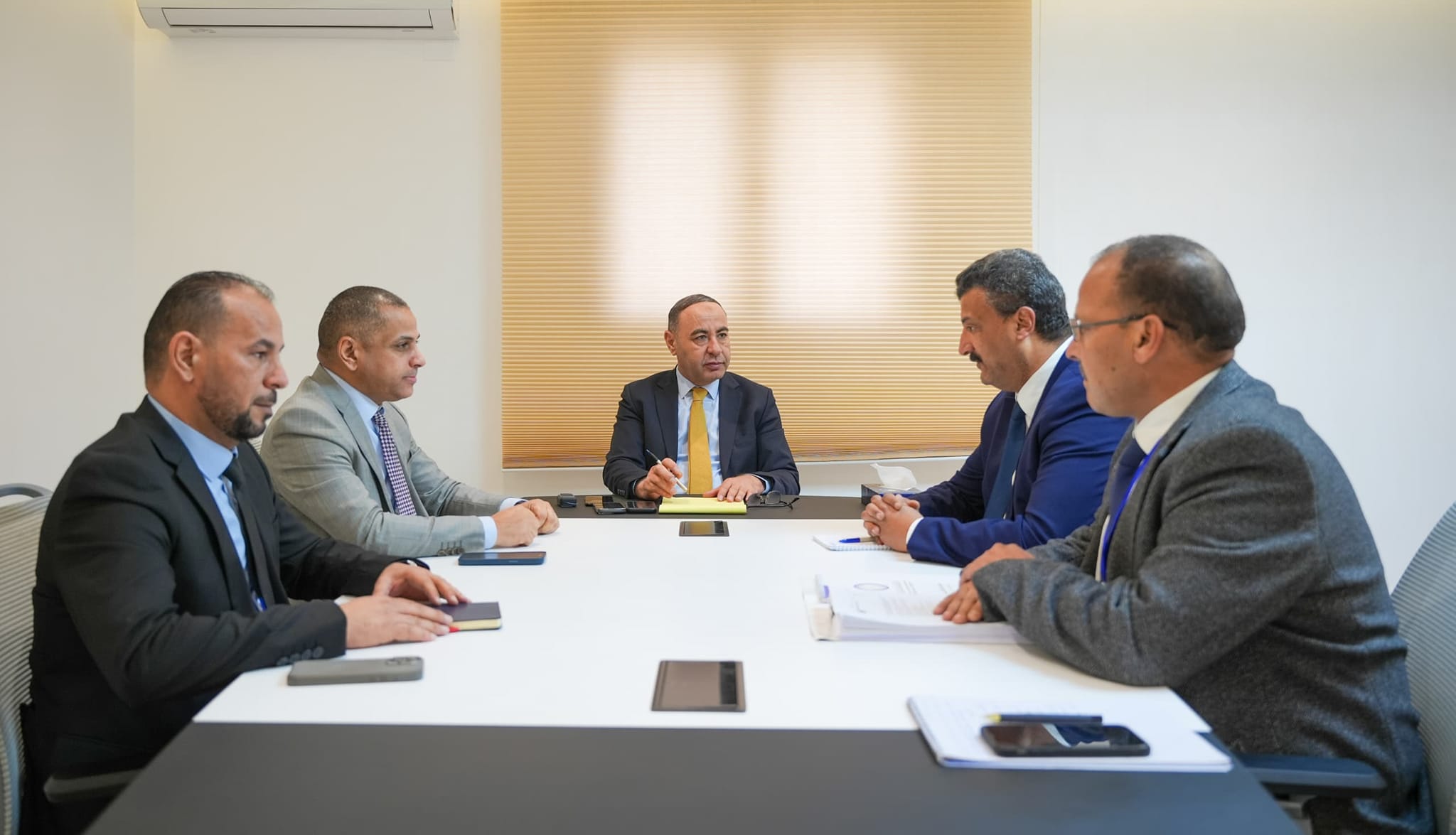
Libya has taken a step to assert greater control over its frozen overseas assets, with a parliamentary delegation presenting proposals to the United Nations aimed at reforming the international system governing these funds.
The House of Representatives (HoR) committee tasked with overseeing Libya’s assets abroad submitted recommendations to the UN Sanctions Committee’s Panel of Experts on Libya during a meeting in New York, parliamentary spokesman Abdullah Blehiq confirmed on Thursday.
The discussions were held under the framework of regular consultations mandated by the UN Security Council.
The delegation highlighted the shortcomings of the current system, established following the 2011 conflict, which they say fails to reflect Libya’s present political and economic realities.
“The current UN framework has negative effects on the management and development of the country’s resources, particularly the loss of income from financial investments of frozen funds,” Blehiq stated.
Libya’s proposals aim to strike a new balance between international obligations and the protection of national sovereignty.
The delegation called for a framework that would preserve frozen assets while ensuring their eventual return under international supervision, until permanent constitutional institutions are fully established.
The committee emphasized its commitment to safeguarding national wealth and ensuring transparent, accountable management of the frozen funds, which are considered public property belonging to the Libyan people.
It also stressed the importance of strengthening cooperation between Tripoli, the parliament, and UN agencies to prevent any misuse or devaluation of these resources over time.
This initiative comes amid increasing calls within Libyan institutions to reassess the UN sanctions regime, which many officials consider outdated given the country’s evolving political landscape. Unofficial estimates suggest that Libyan assets frozen abroad, primarily in Europe and the United States, exceed $60 billion, encompassing sovereign wealth funds, bank holdings, and various financial investments.
The delegation’s intervention reflects Libya’s broader push to regain control over its economic sovereignty while engaging with international institutions to modernize mechanisms that have been in place for more than a decade.



